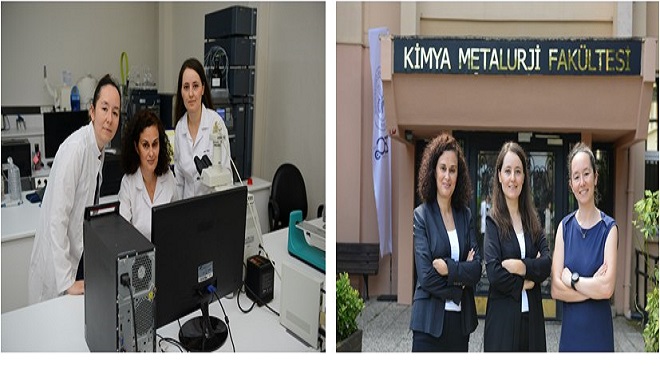by
Sezgin Sarışen | Sep 27, 2024
ITU Department of Food Engineering faculty member Dr. Gülay Özkan’s project, which aims to obtain value-added products in the field of food technology by using agricultural wastes and local resources, was entitled to support under TÜBİTAK 1001 in the 1st period of 2024. The project team also includes Prof. Dr. Funda Karbancıoğlu Güler and Res. Asst. Dilara Devecioğlu.

Department of Food Engineering faculty member Dr. Gülay Özkan as its principal investigator and Prof. Dr. Funda Karbancıoğlu Güler and Res. Asst. Dilara Devecioğlu in its project team was deemed worthy of support within the scope of TÜBİTAK 1001. Assist. Prof. Dr. Gülay Özkan’s project titled “Production, Characterization and Food Applications of Edible Film Containing Bioactive Peptide Obtained from Agricultural Waste/By-Products and Probiotic Yeast Isolated from Local Sources”, prepared within the Agriculture, Forestry and Veterinary Research Support Group (TOVAG), won support among the “2024 1st period projects that were resubmitted without waiting for the next period”.
Our faculty member Dr. Gülay Özkan emphasized that edible film technology, which aims to both extend the shelf life and preserve the quality characteristics of food products, has been developing rapidly in recent years and that consumers’ demands for sustainability and natural content are effective in this.
The project aims to use bioactive peptides obtained from agricultural waste in the production of edible films. The enrichment of these films with probiotic yeasts isolated from local sources is another notable innovation in the project. Probiotic yeasts in edible films are expected to have a positive effect on the immune system of consumers.
We congratulate our faculty members and wish them continued success.